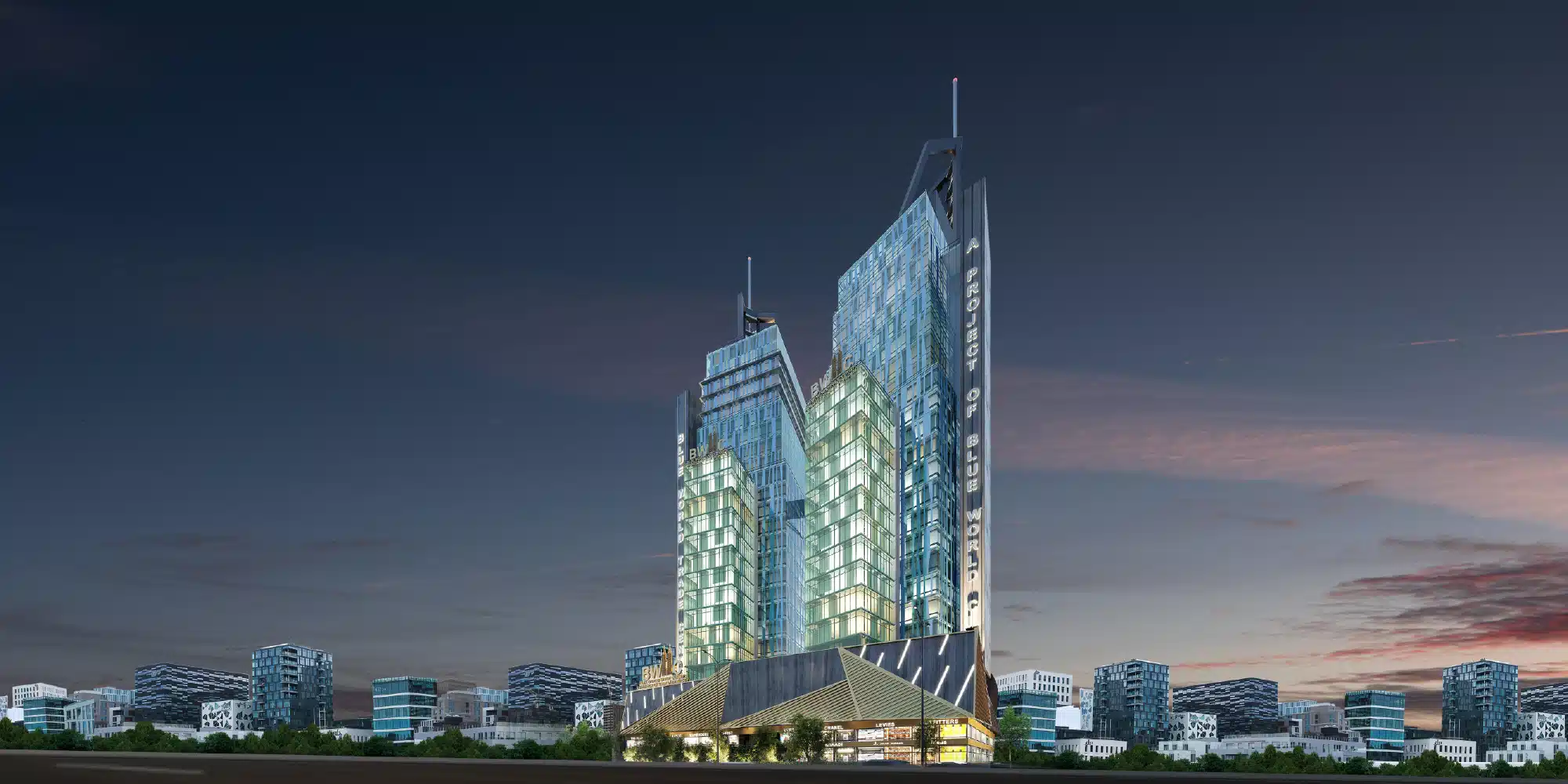Inflation impacts on the Real Estate Sector- An Overview:
Inflation impacts on the real estate sector of Pakistan are directly impacting small businesses and all other related sectors. In Pakistan, the inflation rate is at its historical peak and has inflation impacts on the real estate sector in Pakistan. Not only this, inflation impacts on real estate have crossed the levels. Land prices, home prices, apartment prices, and other forms of real estate have been progressively growing in recent years, but escalation has been increasing gradually in the last few years. This increment increases inflation impacts on the real estate sector in Pakistan.
Moreover, these inflation impacts on real estate also affect the affordability of real estate for average individuals. As inflation grows, so does the cost of living, making it more difficult for people to purchase property. Furthermore, rising real estate prices have an impact on the building business as supplies grow more expensive and salaries stay constant.
The current economic crisis in Pakistan has produced a climate in which inflation impacts on the real estate sector are visible on a broader canvas. Similarly, many individuals cannot acquire property, resulting in a slowdown in the real estate market because of such inflation impacts on real estate. This essay will look at how inflation impacts real estate in Pakistan and what makes this inflation impacts on real estate positively or negative simultaneously.
What is Inflation?
Inflation is defined as a decrease in people’s buying power caused by a rise in the overall price of goods and services.
As inflation rises, the value of your money depreciates, reducing your purchasing power. As a result, we may define inflation as the rate of change in those prices over time. In this scenario, people only spend on the basic needs of their life.
This results in a decrease in investment in all sectors. Consequently, people stop investing and property value decreases due to less demand and competition. Those who are strong can only invest in real estate at low prices. This shows that inflation impacts on the real estate sector are good for only them.
Causes of Inflation
Causes at the Global Level
Inflation impacts on the real estate sector are at diverse levels. This year International Monitoring Fund (IMF) predicted that developing countries will face an average of 11.5% and developing nations 7.5%.
There are multiple factors but the two are the root causes at worldwide.
- War in Ukraine
- Global Supply Chain Disruption.
Causes at the Domestic Level
At domestic level, inflation impacts on the real estate sector has different causes. As the government cannot manage the Balance of Payment (BOP) and always seeking aid from IMF.
This happens when you don’t manage the expenses and that is why inflation has impacted a lot on Pakistan. As a result, the government is increasing the prices of fuel, electricity, gas, sugar, and other commodities. However, Pakistan- being a developing country- has its own reasons for inflation and inflation impacts on Real Estate in the country. Some of them are under:
- Demand-pull inflation
- Cost-push inflation
- Increased money supply
- Devaluation
- Rise in wages
- Government's Policies and regulations
Inflation Impacts on Real Estate
The inflation impacts on the Real Estate are both positive and negative but for totally different people. Because this is the beneficiary period for those who have less investment and can buy low property value in the market.
In contrast to gold, crypto, and stocks real estate is the best option. The following are some positive and negative considerations regarding the inflation impacts on the real estate sector in Pakistan.
Positive Inflation Impacts on the Real Estate Industry
Property Appreciation
Property prices have increased significantly over the past few years according to the data on real estate. If we assumed this rise in property value and compared it to inflation rates, any real estate investment would have beaten inflation. Moreover, there are several affordable housing societies in Islamabad that are considered a golden chance for the investors who want to invest in an expensive land in their affordable range.
Upsurge in Rents
Rental rates, like other commodity prices, often grow in lockstep with rising inflation. The demand for rental homes is increasing as people’s purchasing power declines.
Landlords with rental revenue will be able to meet cost increases independent of currency value or inflation rate.













